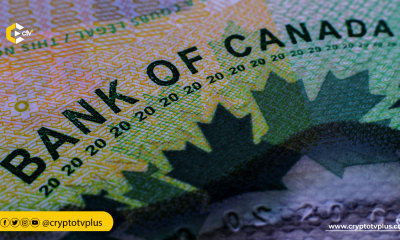News
India preps for digital rupee: outgoing RBI Governor calls it transformative

Shaktikanta Das, the outgoing Governor of the Reserve Bank of India (RBI), shared his vision for India’s economic transformation through the adoption of a Central Bank Digital Currency (CBDC), also known as the digital rupee.
In his farewell speech on December 10, he reflected on his efforts over six years to leverage modern technologies to strengthen the financial system.
Das highlighted key initiatives, such as establishing the RBI Innovation Hub in Bengaluru and creating a regulatory framework to support fintech advancements. He also noted that while many central banks are still debating and testing CBDCs, India has moved forward as a leader by launching a pilot project for its digital currency.
The digital rupee, according to Das, has the potential to replace traditional paper money, paving the way for a more efficient, transparent, and technologically advanced economy. He called it “the future of currency,” emphasizing its long-term benefits.
India has already made significant progress in digital payment systems. In November, the RBI worked to add more international partners in Asia and the Middle East to its cross-border payments platform, aiming for faster and more seamless transactions.
Das envisioned the CBDC becoming the backbone of both domestic and international payment systems, ensuring quick and secure settlements.
While Das expressed optimism about the digital rupee’s role in modernizing the economy, he cautioned against rushing its implementation. He stressed the importance of learning from pilot programs to understand how CBDCs might affect users and monetary policy. Gradual integration, he said, would help ensure the currency’s stability and effectiveness.
In closing, Das described CBDCs as a transformative tool capable of reshaping India’s payment systems for the better. With a clear roadmap and strategic development, the digital rupee could revolutionize financial interactions both within India and across its borders.
In September, CryptoTvplus reported India’s Financial Intelligence Unit (FIU) was reconsidering its position on foreign cryptocurreny exchanges, with reports indicating the FIU may approve licenses for two offshore crypto exchanges by Q1 2025.

























1 Comment